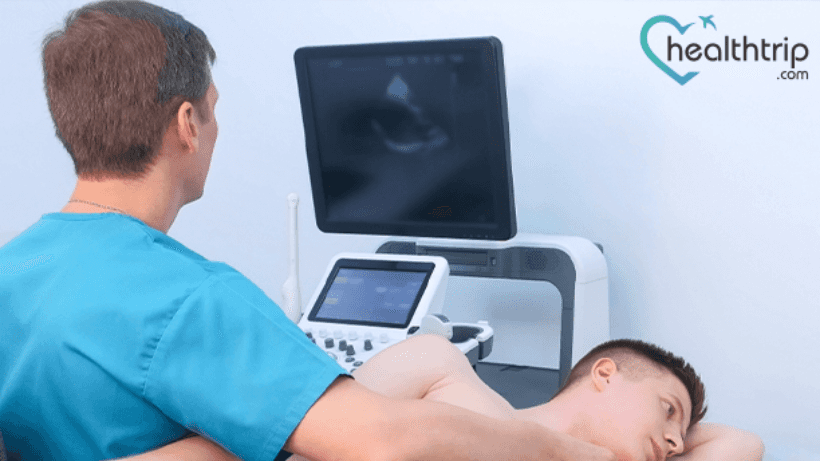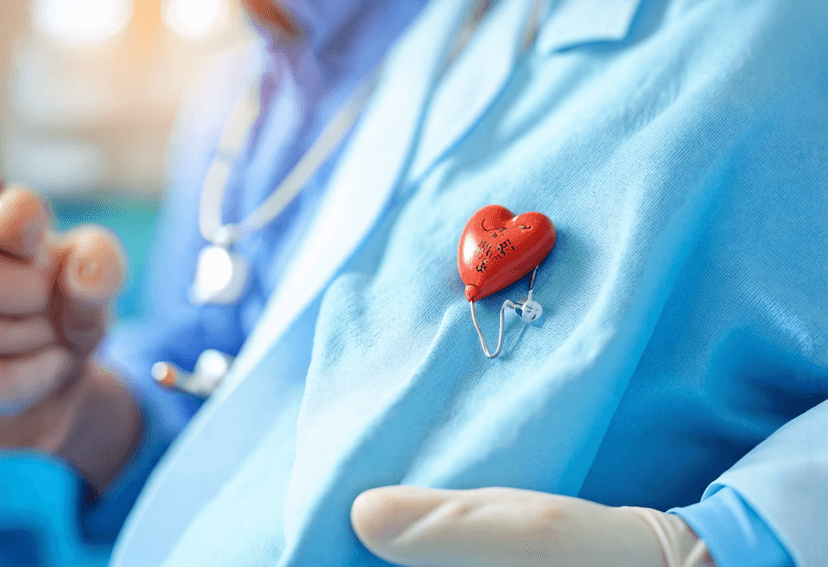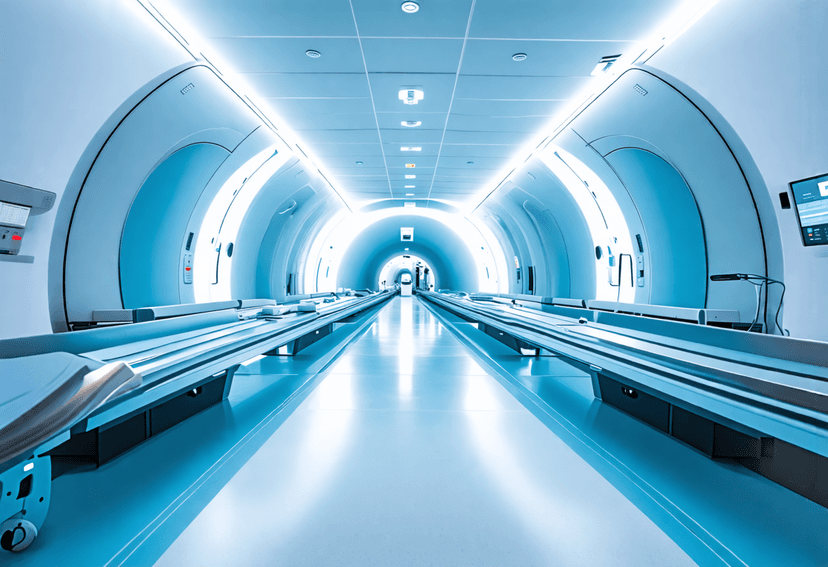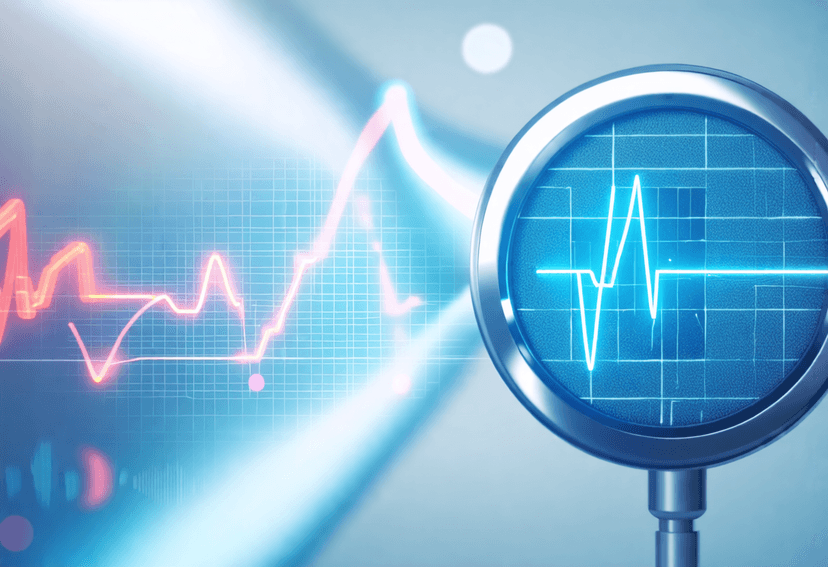
From Types to Costs, Here’s All You Need to Know About Echocardiogram Tests
25 Aug, 2022
 Healthtrip Team
Healthtrip TeamOverview
An echocardiogram, or "echo,” is a scan that uses ultrasound to scan your heart and nearby heart vessels. The sound waves will create real-time moving pictures of your heart so that your doctor can get a good look at its shape and size. Your doctor may suggest you have an “echo” if your heart specialist thinks that you might have a problem with your heart. There are various types of echo and only your doctor can tell you which is best for your heart condition. Here we’ve discussed various types of echo and the cost of the same.
Why do you need an echocardiogram?
Your health care provider will order an echo for a variety of reasons. An echocardiogram may be required if:
Most popular procedures in India
- You have symptoms, and your doctor wants to know more about them (either by diagnosing a problem or ruling out possible causes).
- Your doctor suspects that you have heart disease. The echo is used to diagnose and learn more about a specific problem.
- Your doctor wants to double-check a condition that you've already been diagnosed with. Some people with valve disease, for example, require echo tests on a regular basis.
- You're getting ready for a surgery or procedure.
- Your doctor wants to see how a surgery or procedure went.
Also, read - Heart CT Scan - Know Heart Blockage Without Angiography
What are the various types of echocardiograms?
There are several types of echocardiogram tests available. As per our expert cardiologists, the various echo tests are mentioned below.
Wellness Treatments
Give yourself the time to relax
Lowest Prices Guaranteed!

Lowest Prices Guaranteed!
- Transthoracic echocardiogram: This is considered a standard test. It’s kind of like an X-ray test but without radiation. A hand-held tip or transducer is placed on your chest. It sends off high-frequency sound waves to and around your heart. You will remove your clothing from the waist up and change into a hospital gown.
On an exam table, you will lie on your left side. The transducer will be passed across several areas of your chest by the sonographer. A small amount of gel will be applied at the end of the transducer. This will help in creating clearer images.
- Transesophageal echocardiogram: The transducer will go down to your throat into the esophagus. This is done to get a clearer picture of the heart as this position is nearer to the heart.
Your doctor will advise you not to eat or drink anything for 6 hours before the test. Talk to your doctor if you’re feeling stressed or anxious beforehand. They will give you a mild sedative to help you relax.
- Stress echo: This test is administered while exercising on a treadmill or stationary bicycle. It depicts the motion of your heart's walls as well as the pumping action when it is working hard. It can also reveal a lack of blood flow that other heart tests may miss.
As per our cardiologists, exercise echocardiography is an accurate and cost-efficient technique for the detection of coronary artery disease in women. Before considering this test, the following points need to be kept in mind.
-do not eat or drink anything for 4 hours before the test.
-do not consume any caffeinated products like tea, coffee, cola, or chocolate.
- avoid smoking for at least 24 hours.
As nicotine and caffeine might affect the result.
Also, read - Heart Bypass Surgery Age Limit
What does an echo show?
An echo test result may detect many different types of heart diseases like:
- Congenital heart disease
- Cardiomyopathy
- Cardiac tumor
- Pericardial disease
- Valve disease
- Infective endocarditis
- Aortic aneurysm
Also, read - Heart Surgeries Types
How long does an echo take?
The test may usually take around 40 minutes to one hour.
However, a transesophageal echo may take around 90 minutes.
How much does the cost of echocardiograms in India?
The cost of an echocardiogram test in India may vary based on multiple factors.
This includes-
- The location of the lab or the hospital
- The infrastructure of the lab
- Consultation fees of your doctor
- The skill and experience of your doctor
In India, the average price range for an echo test is around Rs. 2500 to Rs. 4000.
Also, read - Can Heart Patients Lift Weights
How can we help with the treatment?
If you are in search of hospitals specializing in cardiac treatment in India, our medical trip advisors will serve as your guide for the same. They will be physically present with you even before the medical treatment begins. The following will be provided to you:
- Opinions of expert physicians and surgeons
- Transparent communication
- Coordinated care
- Prior appointment with specialists
- Assistance with hospital formalities
- 24*7 availability
- Arrangement for travel
- Assistance for accommodation and healthy recovery
- Assistance in emergencies
We are dedicated to offering the highest quality medical tourism in India to our patients. We have a team of highly qualified and devoted health trip advisors who will be by your side from the beginning of your journey.
Related Blogs

Top Cardiologists in India for a Healthy Heartbeat
Get a healthy heartbeat with the top cardiologists in India

The Rise of Apollo Hospitals as a Premier Destination for Cardiac Treatment
Discover why Apollo Hospitals is the preferred choice for cardiac

Discover the Future of Healthcare at Yashoda Hospitals Hitec City
Experience world-class medical care at Yashoda Hospitals Hitec City, a

Pacemaker Implantation in the Elderly: What to Expect
Learn about the unique considerations and benefits of pacemaker implantation

Pacemaker Implant and MRI: What You Need to Know
Understand the safety guidelines for MRI scans with a pacemaker

The Future of Pacemaker Technology: Advances and Innovations
Explore the latest advancements in pacemaker technology and how they're










